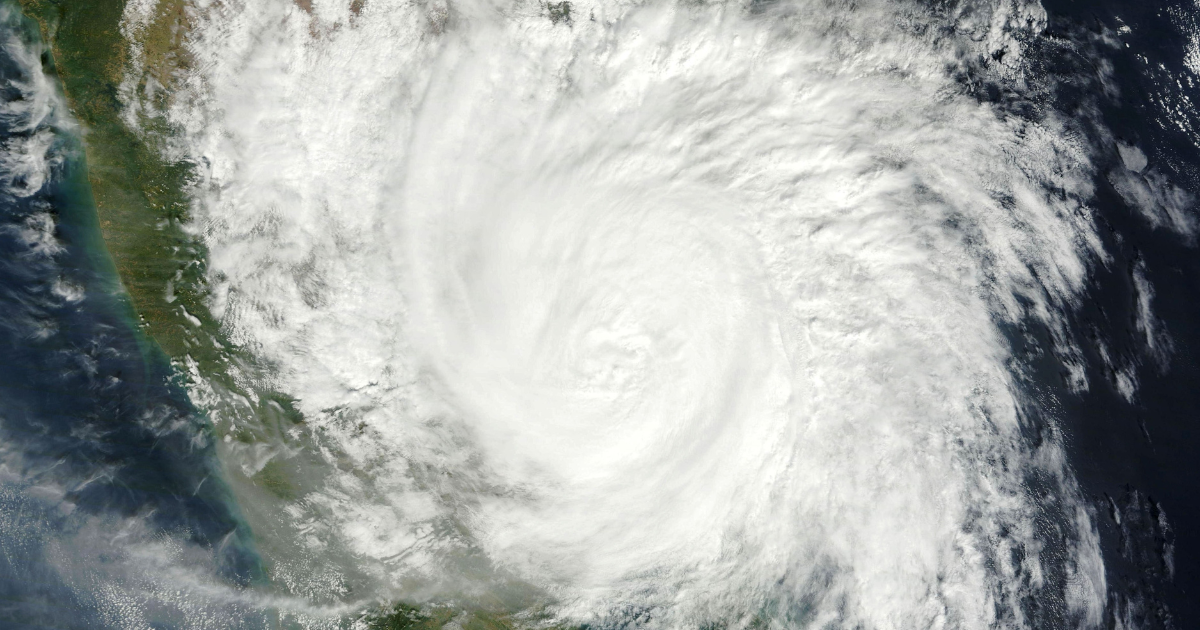
06 Dec Preparing For Natural Disasters: Tips For Keeping Your Records
In light of the recent hurricane, we want to encourage you to plan ahead for natural disasters and provide resources to help you do so.
Disaster can strike at any time. Financial documents, medical records, estate planning documents, and other important records are vital to recovering from a disaster situation. Though we hope you never encounter a disaster, here are some tips to prepare for one.
Should I Keep Physical AND Electronic Records?
You should at least keep electronic copies of your essential documents. Most bank statements, tax returns, and insurance policies are available electronically. Documents not available electronically can be scanned to create an electronic copy. Newer iPhones have a built-in scan function in the Notes application that can easily be used to scan small documents. There are also free phone apps that can scan documents.
Once your documents are available electronically, there are multiple locations where they can be stored. To make sure that you have access to your documents, you can use a combination of programs, in case one gets compromised. The cloud is the safest, most reliable option.
Where Can I Store Documents in the Cloud?
Documents stored on cloud-based storage services can be accessed on any computer or device that can access the internet. Google Drive is one free, cloud-based application that documents can be stored on. Simply create a Google account or login to an existing one, open Drive, create a new document, and insert your electronic copy into the google drive document.
Another option is to store documents on a USB drive. USB devices are simple, cheap, easy to transport, and can be purchased at a local convenience store. In the case of a natural disaster, you can access your documents quickly and easily on a USB—but, your documents will be lost if the device gets misplaced or damaged, which is one reason why it is recommended to store your records in more than one location.
Files can be saved directly to your computer but are vulnerable to malfunctions or computer damage and should be used with another external storage location like the cloud.
What Documents Should I Keep?
It is important to know what documents you will need in case a disaster strikes. Some examples of records you may want to make sure you have are personal and family records, financial records, and estate planning documents. A more detailed list can be found on our Checklist to Getting Organized, but you should also save any documents not on this list that you think are important!
Document Valuables
Documenting your valuables will make it much easier to claim insurance and tax benefits. One option to document your valuables is to take pictures or videos of them. Another option is to compile a written list of them. The IRS has a disaster loss workbook that will help you create a list with all the necessary information.
Write Down Your Preparations
After preparing for a disaster, you might not remember what steps you took and where exactly you stored your documents, information, and valuables. Creating a detailed write-up of the steps you took to prepare will ensure that, when the time comes, you know where everything is stored and do not have stress about remembering where anything is. Creating a written plan will also help others locate your essentials.
Other Resources
The National Cancer Institute has emergency resources for cancer patients and caregivers.
About Triage Cancer
Triage Cancer is a national, nonprofit providing free education to people diagnosed with cancer, caregivers, and health care professionals on cancer-related legal and practical issues. Through events, materials, and resources, Triage Cancer is dedicated to helping people move beyond diagnosis.
We're glad you find this resource helpful! Please feel free to share it with your communities or to post a link on your organization's website. However, this content may not be reproduced, in whole or in part, without the express permission of Triage Cancer. Please email us at info@TriageCancer.org to request permission. © 2022 Triage Cancer


